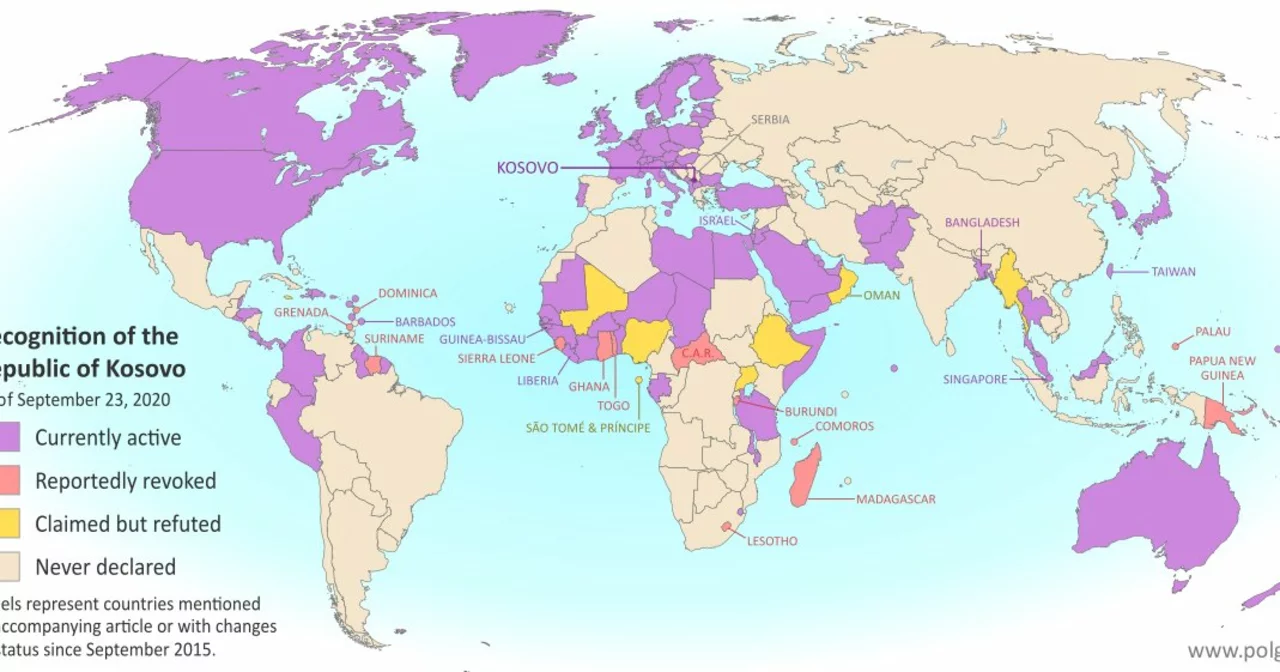The Importance of Tourism for National Economies
Tourism plays a crucial role in the economic development of many countries around the world. It is a significant source of foreign exchange, generates employment opportunities, and contributes to the overall GDP growth. In some countries, tourism is the mainstay of their economy, while others rely heavily on this industry to supplement their income. In this article, we will explore the question, "Do any countries rely solely on tourism for its revenue?" and delve into the dynamics of tourism-dependent economies.
Tourism as the Main Source of Income: The Case of Small Island Nations
Small island nations are often the ones that depend heavily on tourism for their economic survival. These countries usually have limited resources and a small population, which makes it difficult for them to sustain themselves through other industries. As a result, they turn to tourism as a means to generate revenue and create employment opportunities for their people. Some examples of such countries include Maldives, Seychelles, and Saint Lucia.
Maldives: A Paradise for Beach Lovers
The Maldives, a collection of over a thousand coral islands in the Indian Ocean, is a prime example of a country that relies heavily on tourism for its revenue. With its idyllic beaches, crystal-clear waters, and luxurious resorts, the Maldives has become a top destination for honeymooners and vacationers alike. Tourism accounts for approximately 28% of the country's GDP, and it is the largest employer, providing jobs to nearly 22% of the workforce. In addition, tourism-related taxes and fees make up a significant portion of the government's revenue.
Seychelles: A Sustainable Tourism Model
Another example of a country that depends on tourism for its income is Seychelles, an archipelago of 115 islands in the Indian Ocean. Recognizing the importance of tourism for its economy, the government of Seychelles has implemented a sustainable tourism model, ensuring that the industry's development does not harm the environment or the local culture. As a result, tourism contributes to around 25% of the country's GDP and is the main source of foreign exchange earnings.
Saint Lucia: The Caribbean Gem
Saint Lucia, a beautiful Caribbean island, is yet another country that relies on tourism as its primary source of revenue. With its stunning beaches, lush rainforests, and vibrant culture, Saint Lucia has become a popular destination for tourists from around the world. The tourism industry accounts for over 65% of the island's GDP and provides employment to thousands of people in the hospitality, transportation, and related sectors.
Countries with a High Dependency on Tourism
While some countries rely heavily on tourism for their income, there are others that have a high dependency on the industry, even if it is not their sole source of revenue. These countries typically have a diverse economic base, but tourism still makes up a significant portion of their GDP. Examples of such countries include Croatia, Thailand, and Greece.
Croatia: A Mediterranean Treasure
Croatia, a beautiful country along the Adriatic Sea, has become increasingly popular among tourists in recent years. Famous for its stunning coastline, historic cities, and beautiful national parks, Croatia has seen a significant growth in the tourism sector. While tourism is not the only source of revenue for the country, it still contributes to around 20% of its GDP, making it a vital part of the economy.
Thailand: The Land of Smiles
Thailand, a Southeast Asian nation known for its beautiful beaches, vibrant culture, and delicious cuisine, is another country with a high dependency on tourism. The industry accounts for approximately 20% of Thailand's GDP and is an essential source of foreign exchange earnings. However, the country also has a strong agricultural sector, manufacturing industry, and a growing digital economy, making it less reliant on tourism as its sole source of income.
Greece: A Land of History and Culture
Greece, a Mediterranean country steeped in history and culture, is yet another nation that depends heavily on tourism for its economic well-being. The tourism sector contributes to around 18% of Greece's GDP and is a crucial source of employment and foreign exchange earnings. Nonetheless, the country also has a robust shipping industry and agricultural sector, which helps to diversify its economy.
Conclusion: No Country Relies Solely on Tourism, But Many Depend on It Heavily
In conclusion, while no country relies solely on tourism for its revenue, many countries, especially small island nations, depend heavily on the industry as a significant source of income. These countries recognize the importance of tourism for their economic development and have implemented various strategies to promote and sustain the sector. However, it is also essential for these nations to diversify their economies and invest in other industries to reduce their vulnerability to external shocks, such as natural disasters, pandemics, or changes in global tourism trends.



